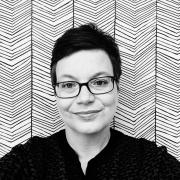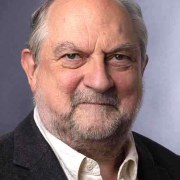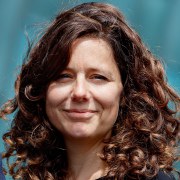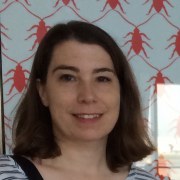Ecosystems for life long learning
Find this session's presentations here.
People learn everywhere, all the time, all through their lives; and they can be motivated to engage with science at all those moments and locations. Children spent just 16% of their waking time at school! To help society become more scientifically literate and to empower citizens to make informed decisions, we should connect schools with out-of-school learning environments, such as science centres and museums. Learning ecosystems, partnerships between local learning environments, enable people to follow coherent learning paths of their choice. In a well-functioning learning ecosystem children discover their passions in science and explore their talents continuously at school as well as outside school. But how do you organise such collaborations? In this session partnerships from three countries present their experiences, after which they will act as consultants for others who are interested in partnering up with schools, other museums, local government, and create a learning ecosystem.
Facilitator
Reinwardt Academy - teacher
Professor of science and environmental education
University College London
Session speakers
Creating the possibility for children to develop their interests and passions in STEM the same way as through a music or sports club. In the Netherlands we are trying to reach this goal by creating a national infrastructure of local collaboration between schools, science museums and others. Marjolein and Yuri will share their first experiences in facilitating and stimulating this infrastructure Initiated by VSC, NEMO and Naturalis. Where are we now and what bridges do we cross when we get there?
Amsterdam & Leiden
Netherlands
Creating the possibility for children to develop their interests and passions in STEM the same way as through a music or sports club. In the Netherlands we are trying to reach this goal by creating a national infrastructure of local collaboration between schools, science museums and others. Marjolein and Yuri will share their first experiences in facilitating and stimulating this infrastructure Initiated by VSC, NEMO and Naturalis. Where are we now and what bridges do we cross when we get there?
Researchers at the University of Pittsburgh have been collaborating for over 15 years with museums and informal learning organizations to support learning in science, technology and art. Using examples from natural history, children’s museums, and a community arts organization, we reflect upon what makes partnerships work, what makes them hard, why they sometimes fail. Karen and Kevin will propose a “good partner” test that could be useful for those thinking of partnering to create learning ecologies.
University of Pittsburgh Center for Learning in Out of School Environments (UPCLOSE)
Researchers at the University of Pittsburgh have been collaborating for over 15 years with museums and informal learning organizations to support learning in science, technology and art. Using examples from natural history, children’s museums, and a community arts organization, we reflect upon what makes partnerships work, what makes them hard, why they sometimes fail. Karen and Kevin will propose a “good partner” test that could be useful for those thinking of partnering to create learning ecologies.
At-Bristol Science Centre
How do we open up collaborations to ensure audiences are participating equally? Emma and Justin are at the start of such a journey, as At-Bristol Science Centre sets out to embody its values – including collaboration – how can we build a symbiotic relationship with our academic friends and remain inclusive of the audience voice? How has our Learning City initiative helped to join forces across the sector? In this brutally honest session come and share your fears as you consider opening up to collaboration and participation.






